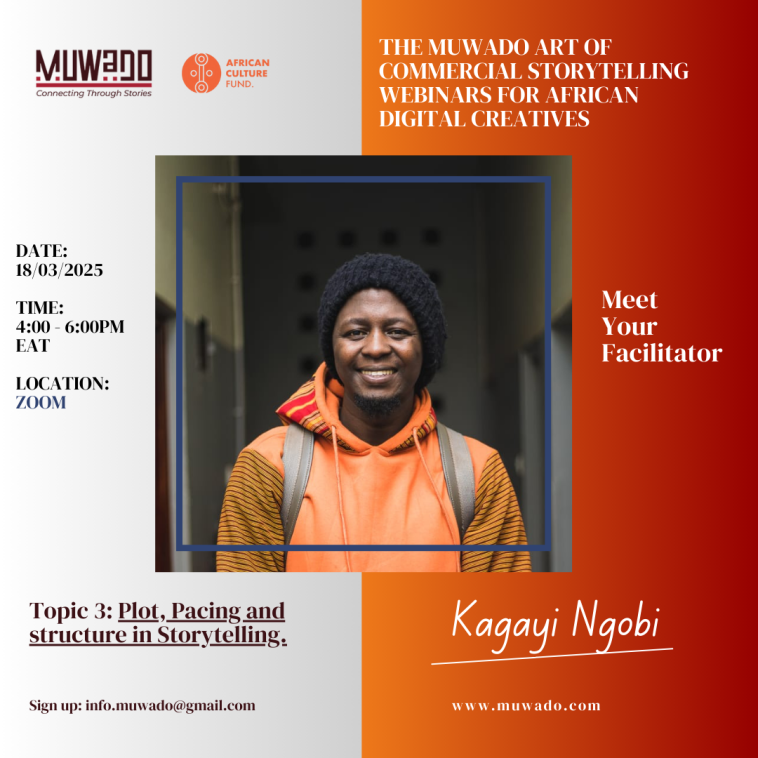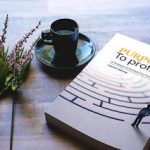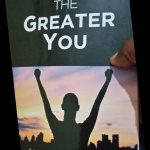Week 3 of the Muwado Commercial Storytelling Webinars happened on Tuesday, 18th March, with Kagayi Ngobi – a Ugandan playwright, poet, performer, publisher, and the founding editor of the Kitara Nation Series as our facilitator speaking PLOT, PACING, AND STRUCTURE IN STORYTELLING.
Kagayi discussed the importance of structure in storytelling, the role of a master storyteller, and the need for research and planning in creative writing. He also emphasised the effort and planning involved in creative writing and storytelling, the similarities and differences between various storytelling genres, and the importance of language and storytelling in representing culture and identity. Finally, Kagayi discussed opportunities for African storytellers, the need for more networking spaces and government support, and assigned participants to write a 250-word story about an embarrassing moment.
Summary
Kagayi Introduction
Kagayi, a Ugandan author and publisher, was introduced as the facilitator for the session. He shared his role as a storyteller, poet, publisher, performer, and poetry coach.
Storytelling Structure and Organic Narrative
In the meeting, Kagayi discussed the importance of structure in storytelling, including traditional and modern narrative structures. Kagayi expressed a preference for organic storytelling, where the plot and structure emerge naturally during the writing process. Kagayi also highlighted the role of a master storyteller, who knows the story from beginning to end and can control the narrative. The discussion concluded with Kagayi emphasizing the need to understand the story before writing it.
Writing a Play on Sexual Violence
Kagayi shared his experience of writing a play about sexual violence, which started as an idea inspired by a real-life incident at Makerere University. He describes how the concept evolved from a poem to a play over three years, involving extensive research and conversations with strangers about rape. The process included multiple revisions and refinements, with Kagayi aiming to create a thought-provoking piece that challenges societal views on victim-blaming and sexual violence.
Research and Planning in Storytelling
Kagayi emphasized the importance of research and planning in creative writing and storytelling. He suggested that writers should explore existing works on their chosen topic to find new angles and perspectives. Kagayi also highlighted the value of patience and time investment in developing a unique story. He used the example of God’s creation in the Bible to illustrate the need for planning and structure in storytelling. The discussion also touched on the idea of freestyling in comedy and rap, with Kagayi suggesting that it is a result of extensive practice and preparation.
Creative Writing and Storytelling Process
Kagayi discussed the effort and planning involved in creative writing and storytelling, emphasizing that even seemingly spontaneous performances require extensive preparation and practice. Kagayi debunked the misconception that comedians and rappers can improvise effortlessly, highlighting the importance of writing, memorization, and editing in their craft. The speaker also underscored the significance of vocabulary and grammar in rap and emphasized the need for continuous practice and improvement.
Storytelling Genres and Audience Engagement
Kagayi discussed the similarities and differences between various storytelling genres, emphasizing that the mindset remains the same. He highlighted the importance of creating a story that sticks with people, using Okot p’Bitek’s work as an example. Kagayi also addressed the question of pacing a story, emphasizing the need to know how to make the audience feel in a particular moment and how to structure the story accordingly. He used a personal example of a poem about rape to illustrate his points.
Pacing in Storytelling and Writing
Kagayi discussed pacing in storytelling, using examples from literature such as Dostoevsky’s “Crime and Punishment” and Sembene Ousmane’s “God’s Bits of Wood.” He emphasized the importance of language, setting, and timing in creating the desired effect on readers. Kagayi also addressed the varying gestation periods for writing novels, contrasting Kakwenza Rukirabashaija’s quickly written but impactful “The Greedy Barbarian” with Jennifer Nansubuga Makumbi’s longer writing process for her award-winning novels.
Language and Storytelling in Culture Representation
Kagayi discussed the importance of language and storytelling in representing culture and identity. He emphasized that writers should consider their target audience and the language they use to effectively convey their message. Kagayi also explained the differences between the three-act structure, non-linear narratives, and fragmented storytelling, noting that the choice of structure depends on the writer’s intentions and the desired reader experience. He provided examples from various novels to illustrate these concepts.
Authentic Storytelling and Audience Engagement
Kagayi discussed his approach to storytelling and audience engagement. He emphasizes the importance of authenticity and vulnerability in writing, stating that the most crucial audience is oneself. Kagayi advises writers to expose themselves to various literary experiences and to focus on expressing their true selves rather than targeting a specific audience. He shared his journey, explaining how writing became therapeutic for him and how his breakthrough came when he started writing in a way that reconciled with his inner self. Kagayi also touched on the similarities between digital and offline storytelling, highlighting the opportunities in both mediums and the importance of leveraging digital platforms for marketing and audience building.
African Storytellers’ Opportunities and Challenges
Kagayi discussed opportunities for African storytellers, emphasizing a growing global interest in authentic African literature. He advises writers to focus on telling unique stories from their communities and observing societal changes. Kagayi also highlighted the need for more networking spaces, government support, and initiatives to promote East African writers, as West and Southern African literature currently dominates the market. He concludes by assigning participants to write a 250-word story about an embarrassing moment.
The next session is on Tuesday 25th March – MEMOIR AND PERSONAL ESSAY IN NON-FICTION STORYTELLING
Neema Komba is a poet, writer and researcher from Tanzania. She is the author of Mektildis Kapinga: A Silent Hero, and See Through the Complicated, a poetry collection. She is the 2022 recipient of the Miles Morland Foundation Writing Scholarship and was nominated as a literature protégé for the Rolex Mentor and Protégé Arts Initiative in 2022. She is the 2014 winner of the Etisalat Prize for Literature in the Flash Fiction category. Her story, Let Them Eat Fruit Cake (published in Index on Censorship), was shortlisted for the 2019 Stack Awards for best original fiction.
With this session, we want the participants to come out clear about;
• Key elements of non-fiction: accuracy, research, and narrative truth.
• Interviewing for stories
• Balancing personal experiences with universal themes.
• Crafting engaging and informative essays.
Training Community Group On Muwado
To make the most of this training, it is better if you are a member of Muwado. If you are not yet, you can register here: https://muwado.com/register.
Once you have created an account and are logged in, you can start sharing your stories from here: https://muwado.com/create.
We have created a community group where we shall be discussing the lessons, posting assignments for feedback from our peers and working to ensure we are all learning together. When you are logged in, join the group from here, https://muwado.com/groups/the-muwado-art-of-commercial-storytelling-webinars/
We’ll be sharing additional features of the platform you can take advantage of over the course of the training. If you have any questions or challenges, you can reply to this email and we help you out.










PREVIOUS: CHARACTER DEVELOPMENT, POV, NARRATIVE VOICE & DIALOGUE IN STORYTELLING RECAP – ANNE MORAA
https://muwado.com/the-muwado-art-of-commercial-storytelling-webinar-week-2-recap/
Next: MEMOIR AND PERSONAL ESSAY IN NON-FICTION STORYTELLING RECAP – NEEMA KOMBA
https://muwado.com/the-muwado-art-of-commercial-storytelling-webinar-week-4-recap/